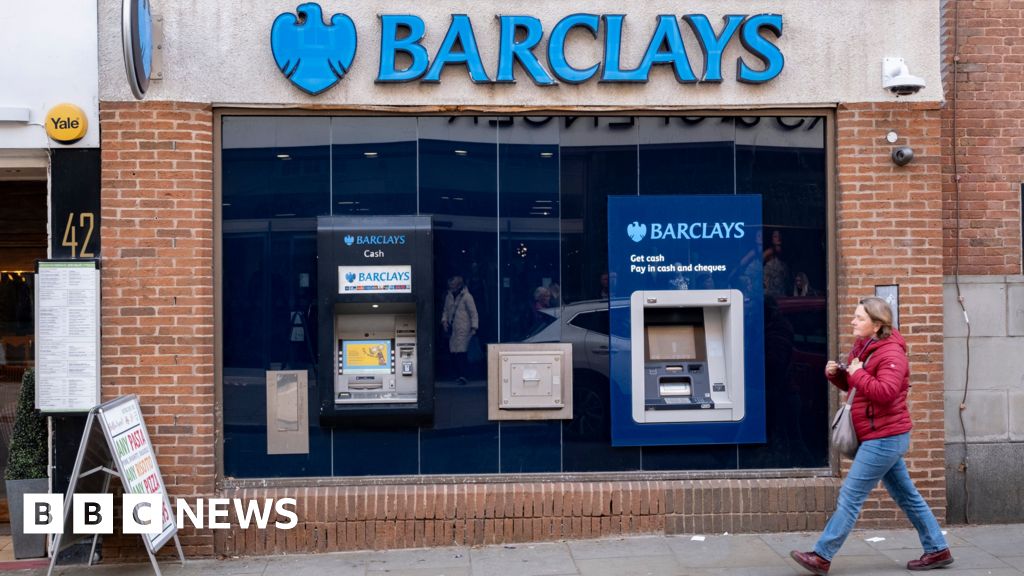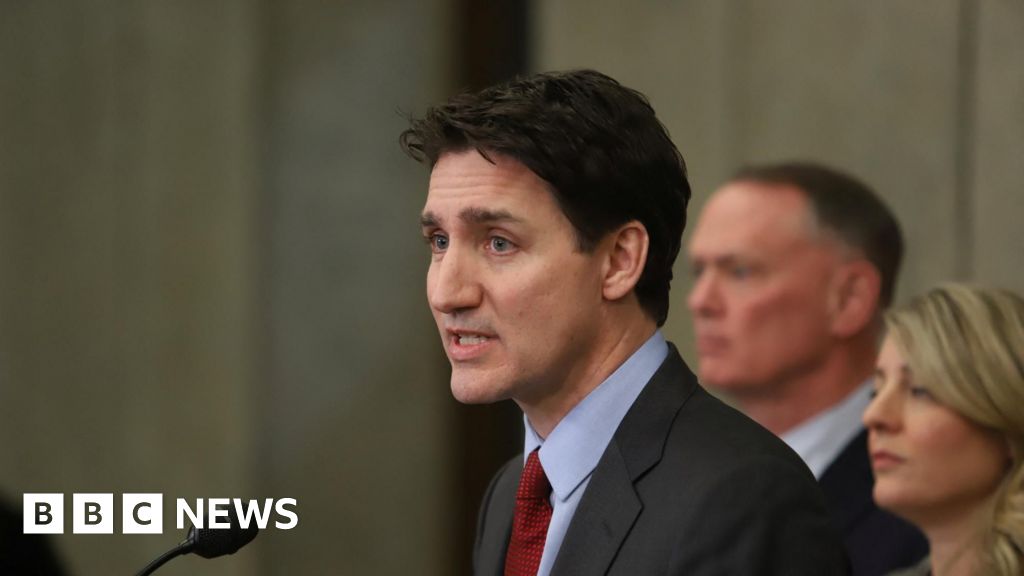Thames Water has received multiple bids for the struggling business which has warned that it could run out of cash by next year.
Castle Water, a Scottish utility firm co-owned by Conservative Party treasurer Graham Edwards, is understood to have made an offer for Thames ahead of a deadline for potential investors on Thursday, 5 December.
Infrastructure investor Covalis, supported by French firm Suez, has also reportedly thrown its hat in the ring, in a deal which could lead to the break-up of the debt-ridden water giant.
Thames is the UK's biggest water company and one in four people in the UK rely on the firm for their supply.
The ailing water company is saddled with debts which, it admitted, will swell to nearly £18bn next March.
Customers are facing a steep rise in their water bills. In July, Thames told the industry regulator Ofwat that it wanted to increase annual bills by 23% between 2025 and 2030.
Since then, Thames has said it needed to raise bills by 53%.
The BBC understands there are up to six parties interested in taking a stake in Thames.
This would happen once the firm's existing investors have agreed how much of the debt owed to them they are willing to write off and there is greater clarity on how much Thames can raise household bills by.
Other possible buyers include Brookfield Asset Management, the Canadian investment giant chaired by the former Bank of England governor Mark Carney, and Hong Kong's CKI which already owns a stake in Northumbrian Water.
Both Castle Water and Covalis have plans to list Thames on the stock exchange.
Castle Water declined to comment.
Thames Water, Covalis and Suez have been contacted.
When Thames Water was privatised in 1989 it had no debt. However, over the years it borrowed heavily.
A large proportion of that was added when Macquarie, an Australian infrastructure bank, owned Thames Water, reaching more than £10bn when the company was sold in 2017.
Thames is one of the most heavily indebted of England and Wales' water companies, and interest payments on more than half of its debt rise with inflation, which has been high in recent years, adding to the firm's woes.

 Movie
Movie 1 month ago
30
1 month ago
30 



![Presidents Day Weekend Car Sales [2021 Edition] Presidents Day Weekend Car Sales [2021 Edition]](https://www.findthebestcarprice.com/wp-content/uploads/Presidents-Day-Weekend-car-sales.jpg)



 English (United States)
English (United States)